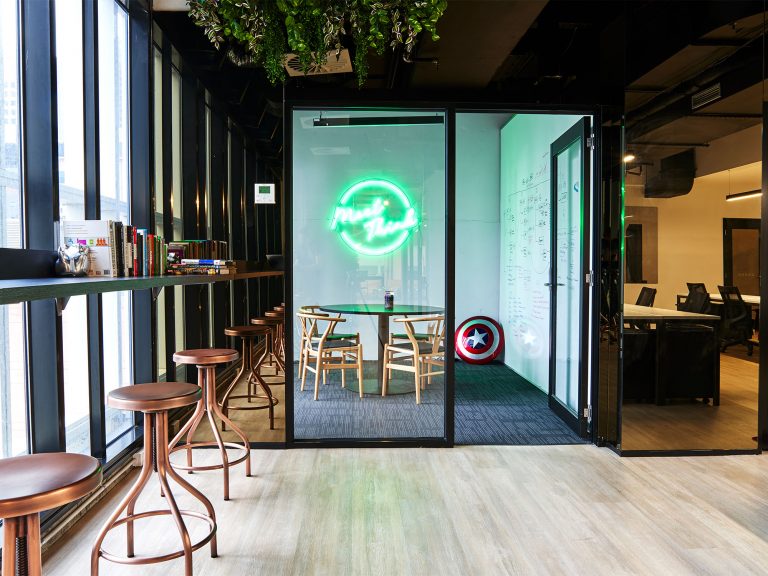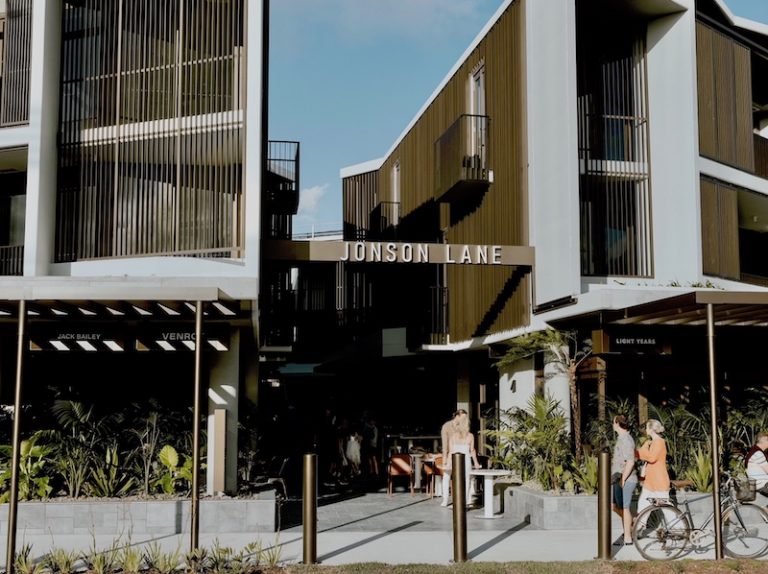To buy or not to buy: renting vs buying commercial property

Deciding whether to buy or lease a commercial property is a complex decision that requires thoughtful consideration.
That’s because a commercial property, including its location and fitout, is not only crucial to the business occupying it but the property also constitutes a standalone investment that must satisfy a unique set of criteria to remain viable.
Benefits of buying
Before deciding to buy commercial property ask yourself the following:
- Do you require the asset to achieve capital growth to increase your equity?
- Do you require stable occupancy costs and a fixed long-term repayment schedule?
- Are you seeking to maximise taxation benefits through depreciation?
- Do you require the ability to occupy or reconfigure the site at will?
Commercial enterprises expand and contract throughout their lives, sometimes seasonally, with business growth often occurring on-site.
Buying part or all of a commercial site can be an attractive proposition for proprietors who experience rapid business growth and must adapt quickly to change.
The ability to undertake site renovations and fitouts at will can be crucial to the success of some businesses, with ownership giving you that added level of flexibility.
Buying a commercial asset can mean relatively fixed monthly repayment costs, with loan repayments more stable than increasing rent payments. This can be useful when preparing long-term budget and revenue forecasts.
Commercial property owners also benefit from increased equity as the commercial asset grows in value. This equity may be reinvested into the business or may facilitate site renovations or fit outs.
Benefits of leasing
Conversely, if the success of your business is highly location dependent, you have little to no equity strategy, cash-flow is important and relatively short-term occupation is your preference, then leasing may be the best option for you.
Businesses underpinned by location – such as retail shops dependent on foot traffic or a car wash dependent on car traffic and access – are usually subject to strong competition from tenants and buyers.
This competition can drive higher rents, lower yields and, for property in the best locations, a higher purchase price.
Properties of this kind also historically benefit from higher levels of capital growth, which makes them particularly difficult to buy for business operators without access to funds.
For this reason retailers often lease optimal locations to maximise trade potential and revenue, without tying up capital that could be used to build the business itself.
In this instance, the retailer focuses on the use or occupation of the property, which underpins their flexibility to shrink or grow in dynamic markets – an important factor in a retail business’ survival.
There is no one-size-fits-all answer when it comes to deciding between buying and renting a commercial property.
Consider the needs of your business, cash-flow and funding availability to develop a solution that best suits you.







